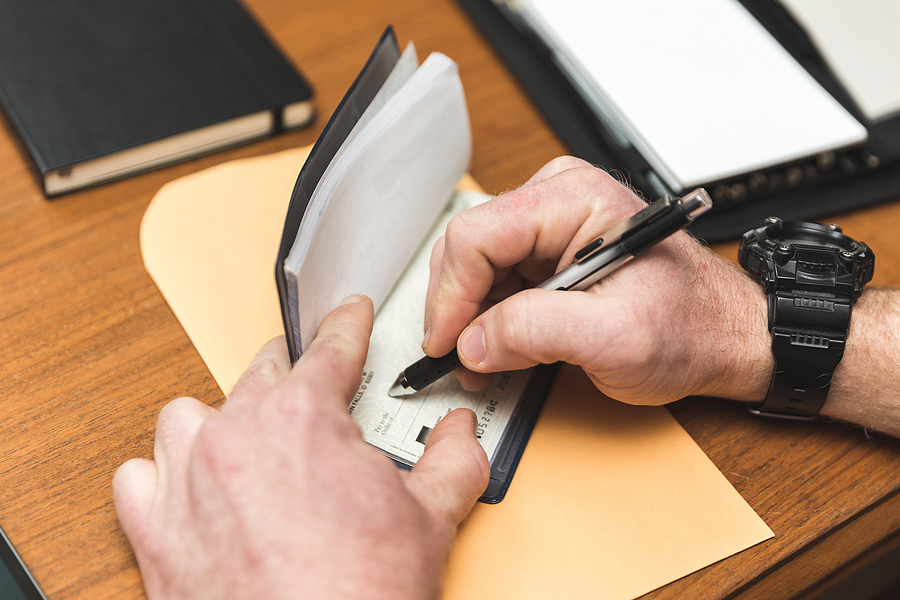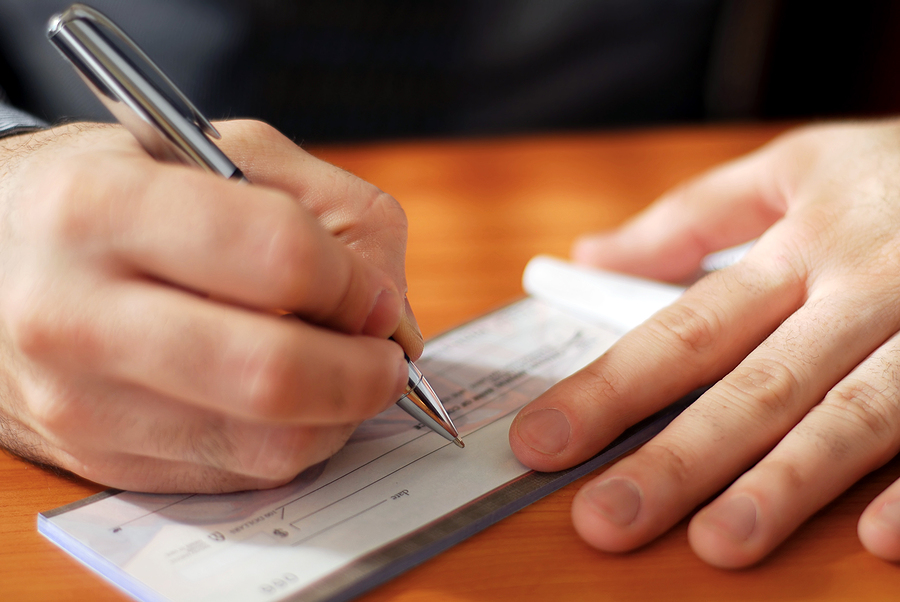According to the Federal Bureau of Investigation, white collar crime “is a term that generally refers to nonviolent crimes committed by business and government professionals.” These crimes are typically motivated by financial gain, and can include embezzlement, fraud, money laundering, and bribery. In the United States, white collar crime costs businesses and taxpayers billions of dollars each year. While white collar crime is often thought of as victimless, the reality is that it can have devastating consequences for both individuals and businesses. Victims of white collar crime can suffer financial ruin, and the loss of their reputation and livelihood. Businesses can be forced to close their doors, and innocent employees can lose their jobs.
One of the most prevalent types of white collar offenses committed in the United States is check fraud. Check fraud is a type of fraud that occurs when someone uses a counterfeit, altered, or otherwise unauthorized check to pay for goods or services. Check fraud can also occur when someone writes a check without having sufficient funds in their account to cover the amount of the check, which is known as “bouncing” a check.
If you believe you are someone you love is guilty of writing, cashing, or receiving fraudulent checks, it is important to educate yourself on how the law penalizes those accused and convicted. Continue below to learn some helpful facts about check fraud, including the common legal repercussions that come along with the crime itself.

Facts About Check Fraud
Check fraud is a type of financial crime that involves the use of fraudulent checks to illegally obtain funds from a bank or other financial institution. Check fraud can be perpetrated in a number of ways, including using stolen checks, forging signatures, altering check amounts, and using counterfeit checks. check fraud is a serious problem for both businesses and individuals, as it can lead to significant financial losses.
Penalties for Check Fraud
Check fraud is a serious crime that can result in significant fines and even jail time. The lowest level of check fraud is a Class A misdemeanor, which can lead to imprisonment for up to 1 year and a fine of $5,000. If the amount on the check was between $750 and $50,000 however, you will instead be charged with a Level 6 felony. The potential sentence for this is 6 months to 2.5 years in jail as well as up to a $10,000 fine.
If you have been charged with check fraud, it is important to consult with an experienced Indiana criminal defense attorney who can help you understand the fraud charges against you and mount a strong defense.
How to Prevent Check Fraud
There are a number of ways to prevent check fraud, including using security features on checks, such as watermarks and microprinting, and keeping track of checks to ensure that they are not stolen or altered. businesses can also institute policies to verify the identity of individuals who attempt to cash checks, and to require that checks be signed in the presence of a company representative. individuals can take steps to protect themselves from check fraud by keeping track of their checks and being aware of the signs of fraudulent activity.
Check fraud is a serious problem that can lead to significant financial losses. There are a number of ways to prevent check fraud, including using security features on checks and keeping track of checks to ensure that they are not stolen or altered. businesses can also institute policies to verify the identity of individuals who attempt to cash checks, and to require that checks be signed in the presence of a company representative. individuals can take steps to protect themselves from check fraud by keeping track of their checks and being aware of the signs of fraudulent activity.
To learn everything that you need to know about your current check fraud or bank fraud charges and how they might affect your future, contact an experienced criminal defense law firm in Indianapolis. Call the Law Office of David E. Lewis at 317-636-7514 to speak with an aggressive and experienced white collar crime charge lawyer in Indianapolis, Indiana. We can hold meetings over the phone, via online conferencing, or in person at her Indianapolis office.
Related Posts:
What You Need to Know About Indiana Tax Fraud
Top 4 Ways to Avoid Bankruptcy Fraud
What Constitutes Credit Card Fraud?


